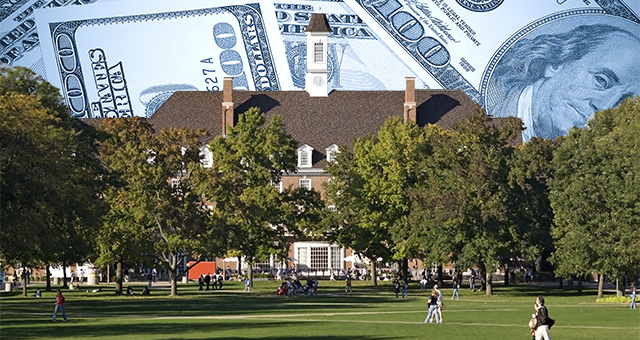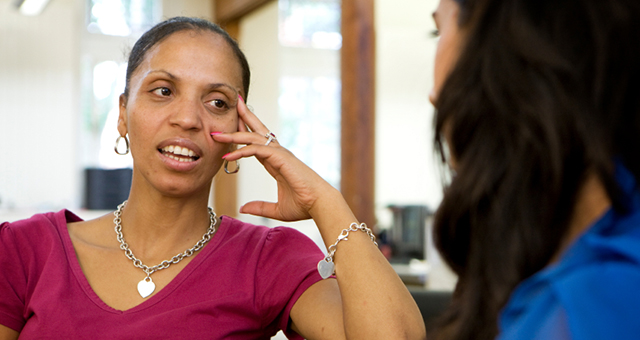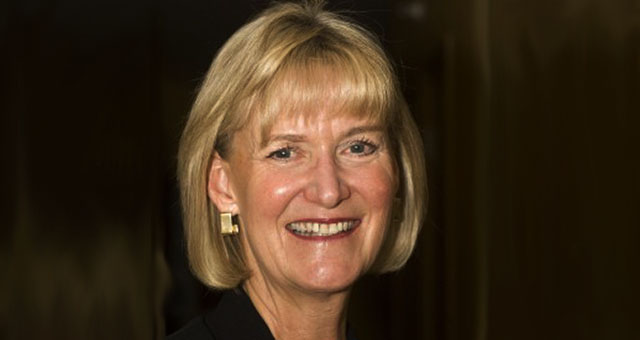4 Principles to Manage a Variety of Administrative Issues
In his role as vice president of learning and student success at John Tyler Community College, Bill Fiege faces a wide variety of issues—dealing with student concerns, allocating resources, and managing change. All issues have the potential for more significant conflict, and one of his goals is to address issues...
Student Retention: An International Perspective
On a two-week recruitment trip to China and Japan, I asked our university partners in both countries how they addressed problems of retention. In both cases, my question elicited a blank look. Upon further questioning, I realized that retention is not the same type of challenge we experience at US...
Preparing Future Academic Leaders in Graduate School
Doctoral students typically do not receive preparation for future academic leadership roles, a shortcoming of graduate education that Rutgers University’s PreDoctoral Leadership Development Institute (PLDI) is seeking to fix. In an interview with Academic Leader, Brent Ruben, PLDI director and executive director of the Center for Organizational Development and Leadership,...
The Wrong Way to Talk about Higher Ed
Picture a day when you’ve gathered your faculty together to have a substantive conversation about some pressing issue facing the institution. You explain the situation using terms such as revenue, the business of education, efficiencies, degree production, throughput, and the like. This may seem sensible given that, in part, universities function like businesses. As with...
The Importance of Vulnerability and Authenticity
As educators, we often take for granted the level of personal information we ask students to share with us. In my own experience as an academic advisor, my meetings with students often touch upon the personal, even when on the surface they may seem academic in nature. Yet, although we...
How to Have a Difficult Conversation: 7 Rules
Difficult conversations are inevitable in any organization. Understanding how they arise and how they play out can help minimize the disruption without avoiding the issue or alienating those involved. The way an academic leader handles a difficult conversation can have a major effect on how the issue gets resolved. In...
MOOCs and the Law: Five Key Questions
Although much has been written and discussed about MOOCs’ educational, access-opening, and revenue-generating potential, less is known about their legal implications. Administrators and faculty interested in MOOCs need to consider not only pedagogical and financial concerns but also legal concerns before getting involved, says Linda Enghagen, attorney and professor in...
How to Create a Successful TA Program in 5 Steps
A teaching assistantship program is a critical part of most graduate degree programs. Assistantships attract students and provide them with valuable experience, generate funding, and allow units to meet the demand for their courses. However, most students given assistantships have little or no formal teacher training. Any academic program relying...
A Conversation with Barbara Lawton, Continued
Lawton recently sat down with Academic Leader Editor Jennifer Patterson Lorenzetti to discuss the increasing influence of fundraising in higher education. Read the first part of this interview in the October issue of the newsletter.
Inspiring Change with Your Strategic Plan
Almost every institution of higher education has a strategic plan, but how many institutions actually make use of that plan? According to Wayne Smutz, dean of continuing education and extension for UCLA, not many. Yet an institution’s strategic plan can be a powerful tool for spurring it to action. At the...












